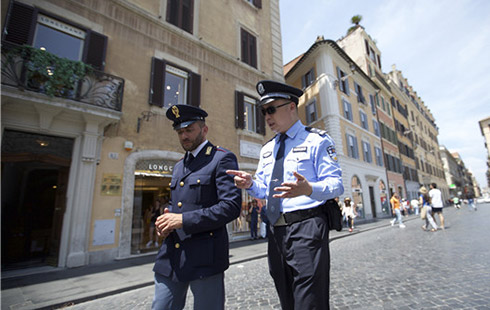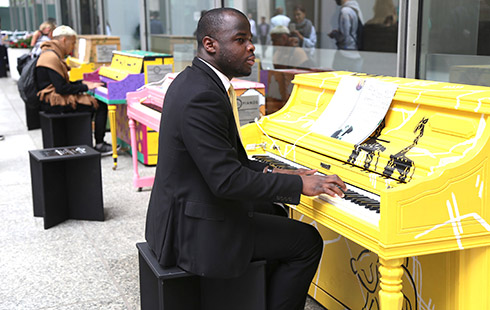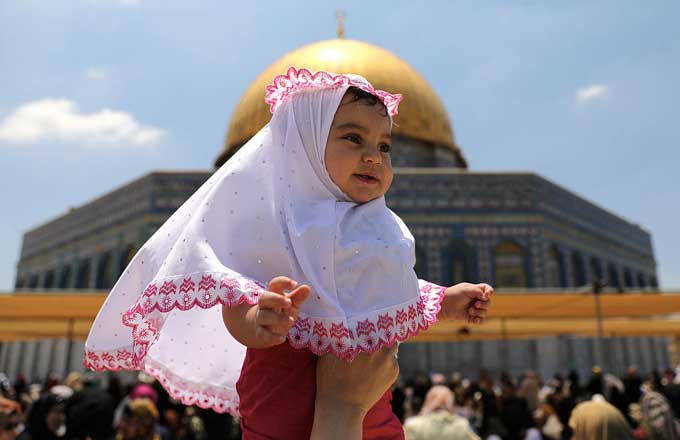Trump takes sides in Arab rift, suggests support for isolation of Qatar
The split among the Sunni Muslim states erupted last month after the summit of Muslim leaders in Saudi Arabia, where Trump denounced Shi'ite Muslim Iran's "destabilising interventions" in Arab lands, where Tehran is locked in a tussle with Riyadh for influence.
Bans on Doha's fleet using regional ports and anchorages threatened to halt some of its exports and disrupt those of liquefied natural gas.
Traders on global markets worried that Riyadh's allies would refuse to accept LNG shipments from the Gulf state, and that Egypt might even bar tankers carrying Qatari cargoes from using the Suez Canal as they head to Europe and beyond.
Saudi Arabia's aviation authority revoked the license of Qatar Airways and ordered its offices to be closed within 48 hours. Qatar's stock market slid to its lowest close since January 2016 and the Qatari riyal came under pressure.
Turkish President Tayyip Erdogan said isolating Qatar, including the use of sanctions, would not resolve any problems. The Muslim Brotherhood has close ties with Turkey's ruling AK Party, which Erdogan co-founded.
Late on Tuesday, the West African country of Mauritania, a member of the Arab League, severed ties with Qatar over allegations it "supports terrorists", the state news agency reported.
"The state of Qatar has linked its policies ... in support of terrorist organisations and the propagation of extremist ideas", said the statement from the ministry of foreign affairs published in Arabic by the Mauritanian Information Agency. "This has resulted in heavy losses to human life in these Arab countries, in Europe and throughout the world".
Reuters



















